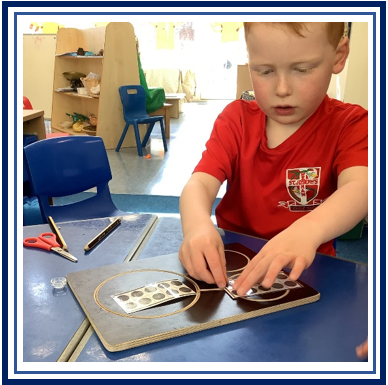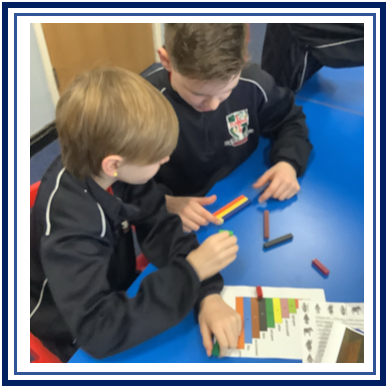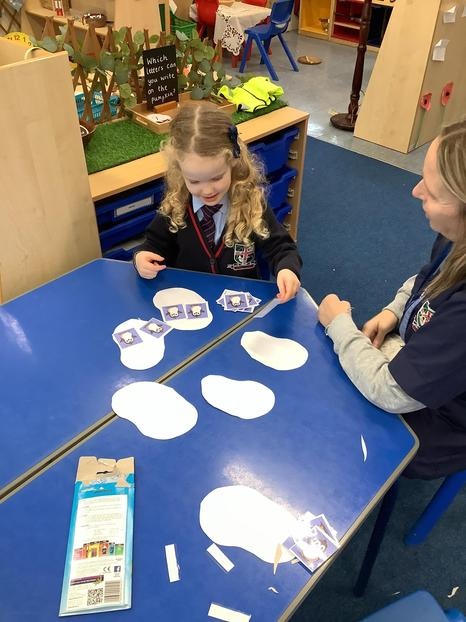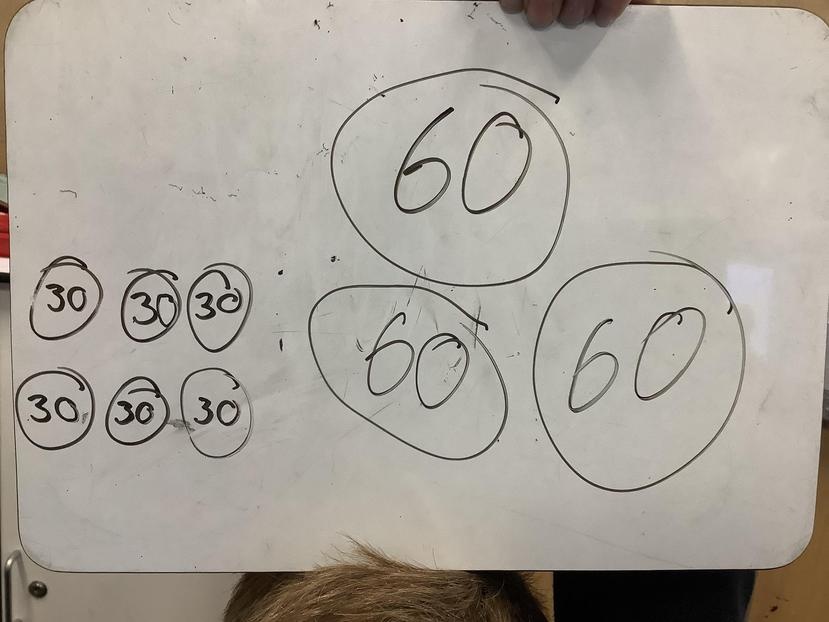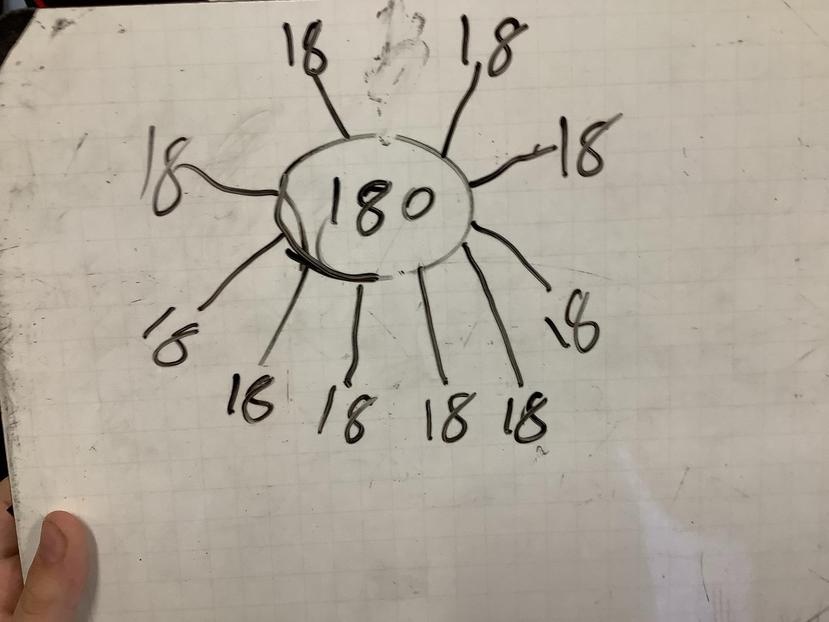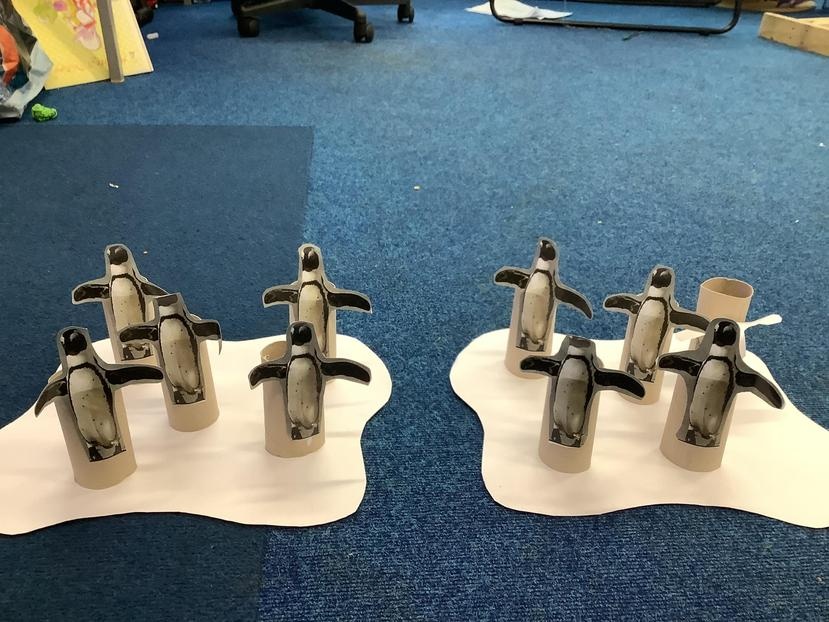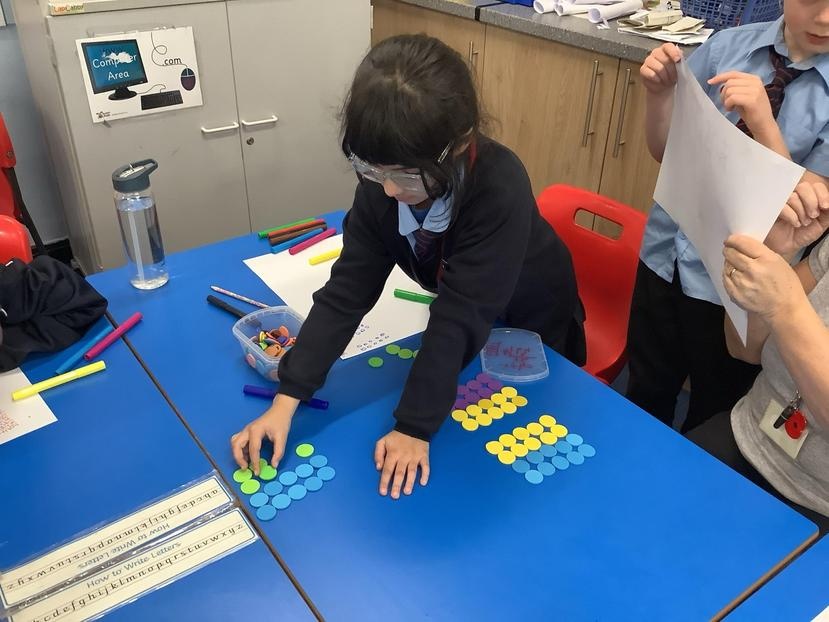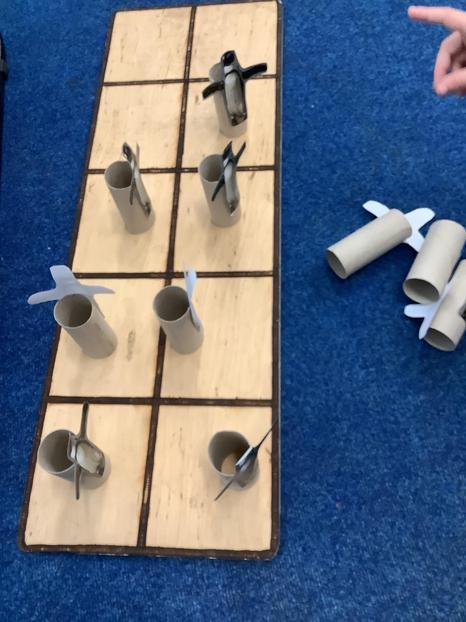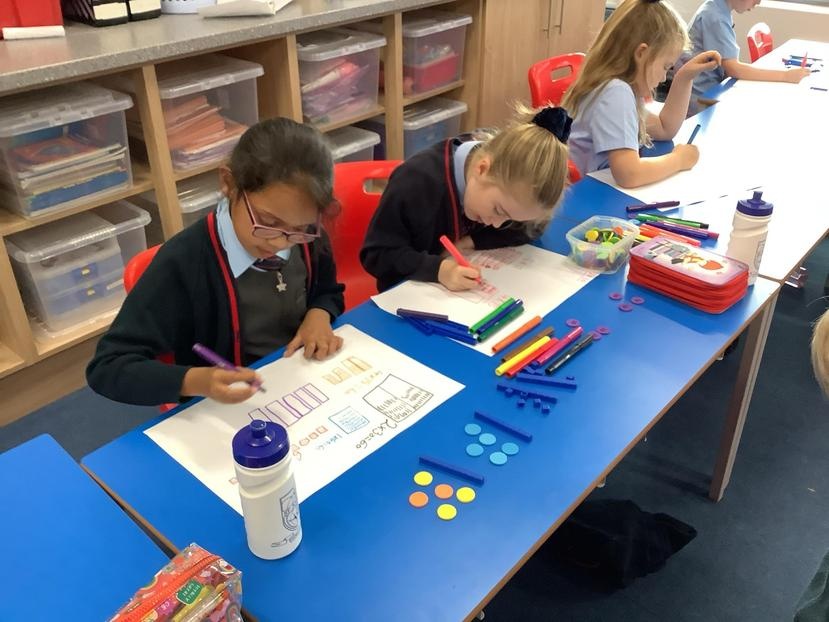Mathematics
“Mathematics is the music of reason.” - James Joseph Sylvester
|
|
|
Our Maths subject leader is Miss Cocks.
Intent
At St Joseph’s we are teaching for mastery as we recognise that Maths is essential to everyday life. We aim to teach Maths through a coherent progression of the curriculum so all pupils: become fluent in the fundamentals of Maths; have the opportunity to succeed; develop a deep and lasting understanding of mathematical procedures; encourage mathematical thinking. We aim to fill our children with the confidence to select the correct representations, structures and mathematical knowledge to apply to a variety of problem solving and reasoning situations. We aim for our pupils to use mathematical language confidently to explain their reasoning. Maths at St Joseph’s enables the mastery approach to teaching, learning and questioning by allowing all children access to questions that strengthen and deepen their understanding. We aim to develop the automaticity of Maths facts so pupils can retrieve facts from their long-term memory, freeing their brain for higher-order thinking.
Implementation
At St Joseph’s the five big ideas of teaching for mastery underpin each lesson. Using DFE approved scheme Power Maths from EYFS through to Year 6 ensures each child experiences a coherent curriculum, carefully sequenced and split into small, manageable steps for all children to progress. Teaching for mastery is evident in every lesson at St Joseph's through the use of different manipulatives, representations and structures, fluency, mathematical thinking and conceptual and procedural variation. This approach enables our pupils to make connections and demonstrate a deep, conceptual understanding of mathematical concepts which they build on over time. Every day, our teachers use mastery questioning techniques to support their assessment for learning. In addition, teachers offer additional questions from other sources to strengthen and deepen understanding. We offer same day interventions so that all pupils are ready to enter the next lesson. At the end of every unit of learning the children take part in low stake quizzes, supporting their ability to block their learning and increase space in their working memory. Our classrooms environment supports metacognitive thinking – using ABC approach to agree, build and challenge one another’s learning. Alongside our daily Maths lesson, pupils are given the opportunity to develop good number sense, encouraging automaticity and fluency through the use of Fluent in Five in KS2 and Mastering Number in EYFS and KS1.
Impact
The impact of teaching for mastery is that children develop a love for Maths in an environment where they are encouraged to: embrace and learn from mistakes, ask questions, make connections and see the importance of gaining a deep understanding of concepts which will arise in real life situations. Pupils develop automaticity of facts and procedures; flexibility and fluidity of different representations and structures of Maths. Formative assessment is used daily by our teachers to ensure the children have deep understanding of concepts and are progressing accordingly. We use summative assessment at the end of each half term to monitor the progress of each pupil, this allows the school to predict future performance for each of our pupils.
EYFS
Here at St Joseph’s Maths is daily practice in our Early Year setting, as we believe that the first few years of a child’s life are especially important for maths development. Our children are encouraged to engage in activities available in continuous provision throughout the day to cement their understanding of number and place value, addition and subtraction, measure, shape, position and direction and statistics. Through this the children will gain an understanding of important maths vocabulary that will be the foundation of their knowledge.
The most relevant statements for mathematics are taken from the following areas of learning:
- Communication and Language
- Mathematics
In Early Year Foundation Stage we ensure that our children develop firm mathematical foundations in an engaging and appropriate way. Maths is a great opportunity for children to develop their communication and language skills as well as their knowledge that will help them to access the KS1 curriculum by the end of the year. Alongside our daily maths lessons and maths in provision, children will be completing the Mastering Number Programme, where they learn skills such as subitizing to secure firm foundations to develop good number sense for all children. The aim over time is that children will leave KS1 with automaticity and fluency in number facts and procedures as well as confidence and flexibility with number. Attention is given to key knowledge and understanding to support future success.
Progression in Mathematics
National Curriculum
Calculation Policies
- Power Maths Reception Calculation Policy.pdf
- Power Maths KS1 Calculation Policy.pdf
- Power Maths LKS2 Calculation Policy.pdf
- Power Maths UKS2 Calculation Policy.pdf
Maths at St Joseph's
Maths Flex
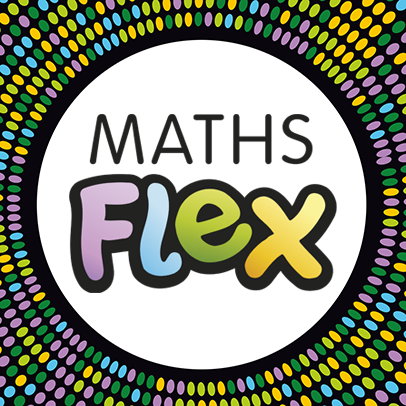
In line with our teaching for mastery approach at St Joseph's we are now pleased to announce all Key Stage 2 children have access to Maths Flex at home and at school. Maths Flex is intelligent and flexible maths practice for your child. Log on and enjoy a personalised pathway of learning. Complete nuggets in exchange for coins, which can then be spent within the app on fun games as a reward for hard-work and effort!
Times Tables Certificates

Here at St Joseph's, we encourage the development of automaticity of key maths facts. Recall of Times Tables and related division facts is one of these areas. To ensure all Key Stage 2 children are fluent and confident in their Times Table facts up to 12x12 by the end of Year 4, and continue to develop their speed, accuracy and application of this knowledge to reason from known facts, we offer Bronze, Silver, Gold and Platinum awards that children can strive towards achieving by the time they leave St Joseph's.
National Maths Week 2022
To celebrate National Maths Week 2022, each class read the story '365 Penguins'. From reading this, we focused on the multiplicative reasoning at the heart of the story. EYFS focused on understanding equal and unequal groups. KS1 focused on counting the penguins in 2's, 5's and 10's. LKS2 focused on the use of arrays to group the penguins in different ways and UKS2 used their knowledge of times tables and multiplication written methods to problem solve based on issues that arise in the story. The children enjoyed incorporating different Maths activities into the week and it was great to see the progression of multiplication across our school.

